'AI Is Not Intelligent': The Atlantic Criticizes 'Scam' Underlying the AI Industry
The Atlantic makes that case that "the foundation of the AI industry is a scam" and that AI "is not what its developers are selling it as: a new class of thinking — and, soon, feeling — machines." [OpenAI CEO Sam] Altman brags about ChatGPT-4.5's improved "emotional intelligence," which he says makes users feel like they're "talking to a thoughtful person." Dario Amodei, the CEO of the AI company Anthropic, argued last year that the next generation of artificial intelligence will be "smarter than a Nobel Prize winner." Demis Hassabis, the CEO of Google's DeepMind, said the goal is to create "models that are able to understand the world around us." These statements betray a conceptual error: Large language models do not, cannot, and will not "understand" anything at all. They are not emotionally intelligent or smart in any meaningful or recognizably human sense of the word. LLMs are impressive probability gadgets that have been fed nearly the entire internet, and produce writing not by thinking but by making statistically informed guesses about which lexical item is likely to follow another. A sociologist and linguist even teamed up for a new book called The AI Con: How to Fight Big Tech's Hype and Create the Future We Want, the article points out: The authors observe that large language models take advantage of the brain's tendency to associate language with thinking: "We encounter text that looks just like something a person might have said and reflexively interpret it, through our usual process of imagining a mind behind the text. But there is no mind there, and we need to be conscientious to let go of that imaginary mind we have constructed." Several other AI-related social problems, also springing from human misunderstanding of the technology, are looming. The uses of AI that Silicon Valley seems most eager to promote center on replacing human relationships with digital proxies. Consider the ever-expanding universe of AI therapists and AI-therapy adherents, who declare that "ChatGPT is my therapist — it's more qualified than any human could be." Witness, too, how seamlessly Mark Zuckerberg went from selling the idea that Facebook would lead to a flourishing of human friendship to, now, selling the notion that Meta will provide you with AI friends to replace the human pals you have lost in our alienated social-media age.... The good news is that nothing about this is inevitable: According to a study released in April by the Pew Research Center, although 56 percent of "AI experts" think artificial intelligence will make the United States better, only 17 percent of American adults think so. If many Americans don't quite understand how artificial "intelligence" works, they also certainly don't trust it. This suspicion, no doubt provoked by recent examples of Silicon Valley con artistry, is something to build on.... If people understand what large language models are and are not; what they can and cannot do; what work, interactions, and parts of life they should — and should not — replace, they may be spared its worst consequences. Read more of this story at Slashdot.

Read more of this story at Slashdot.





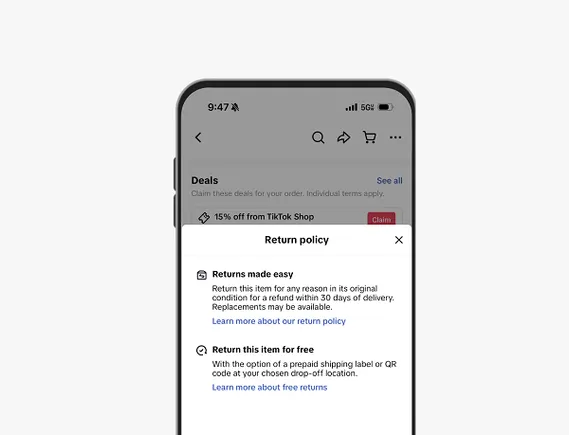











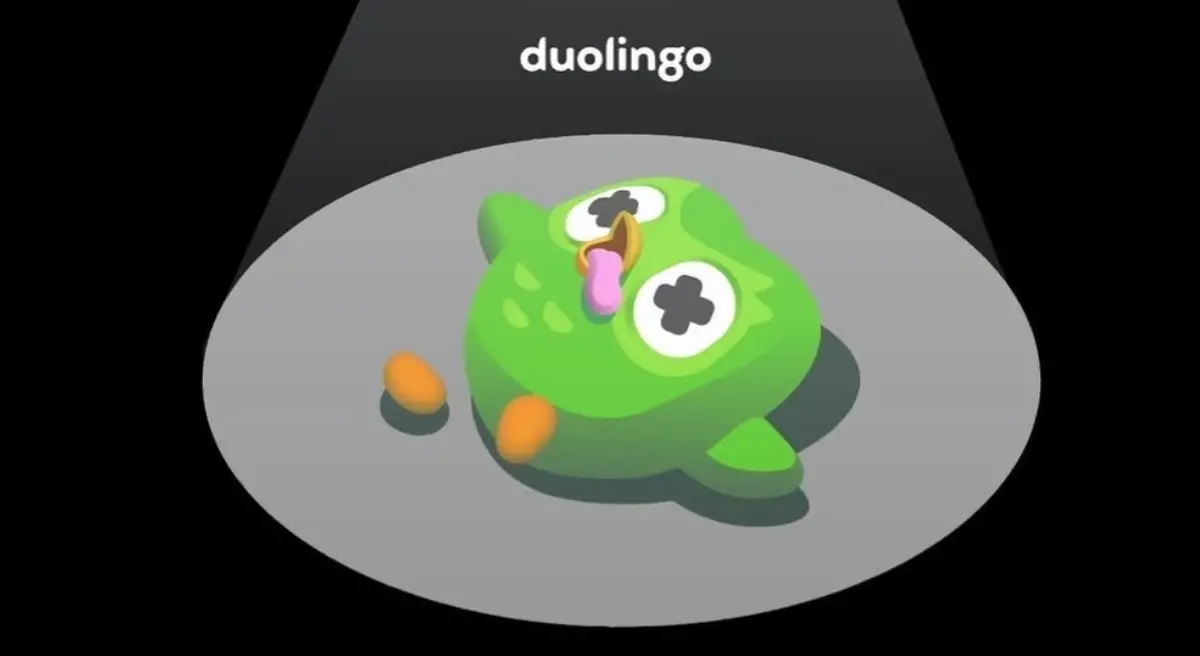



























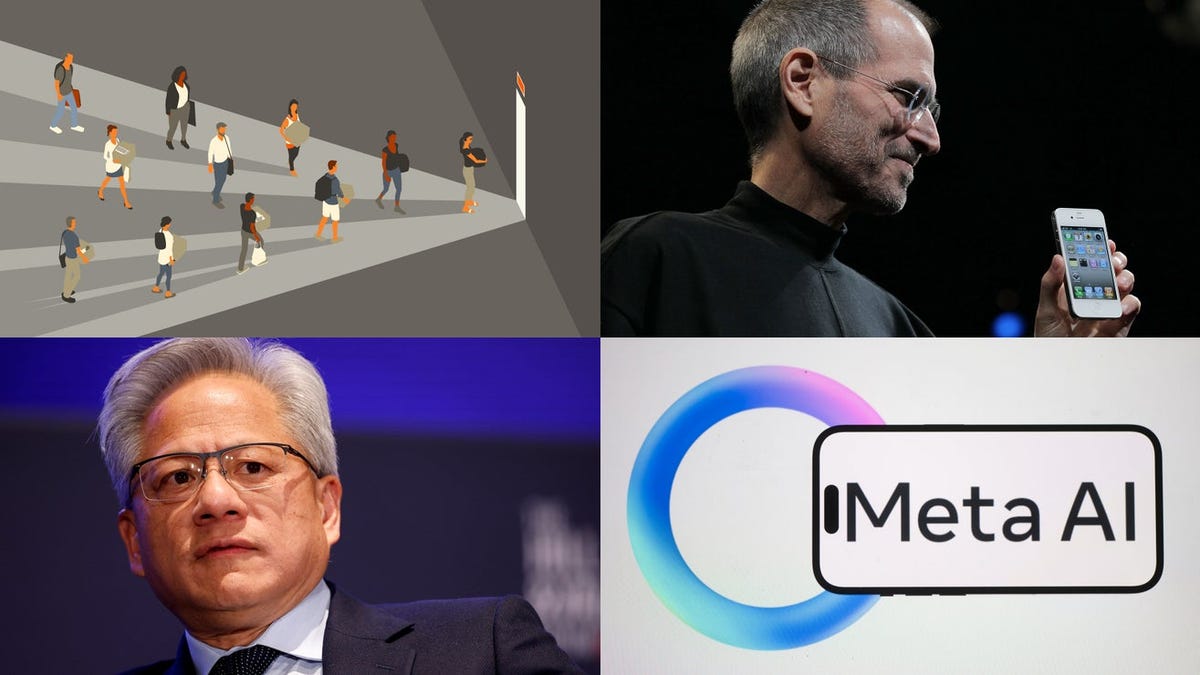



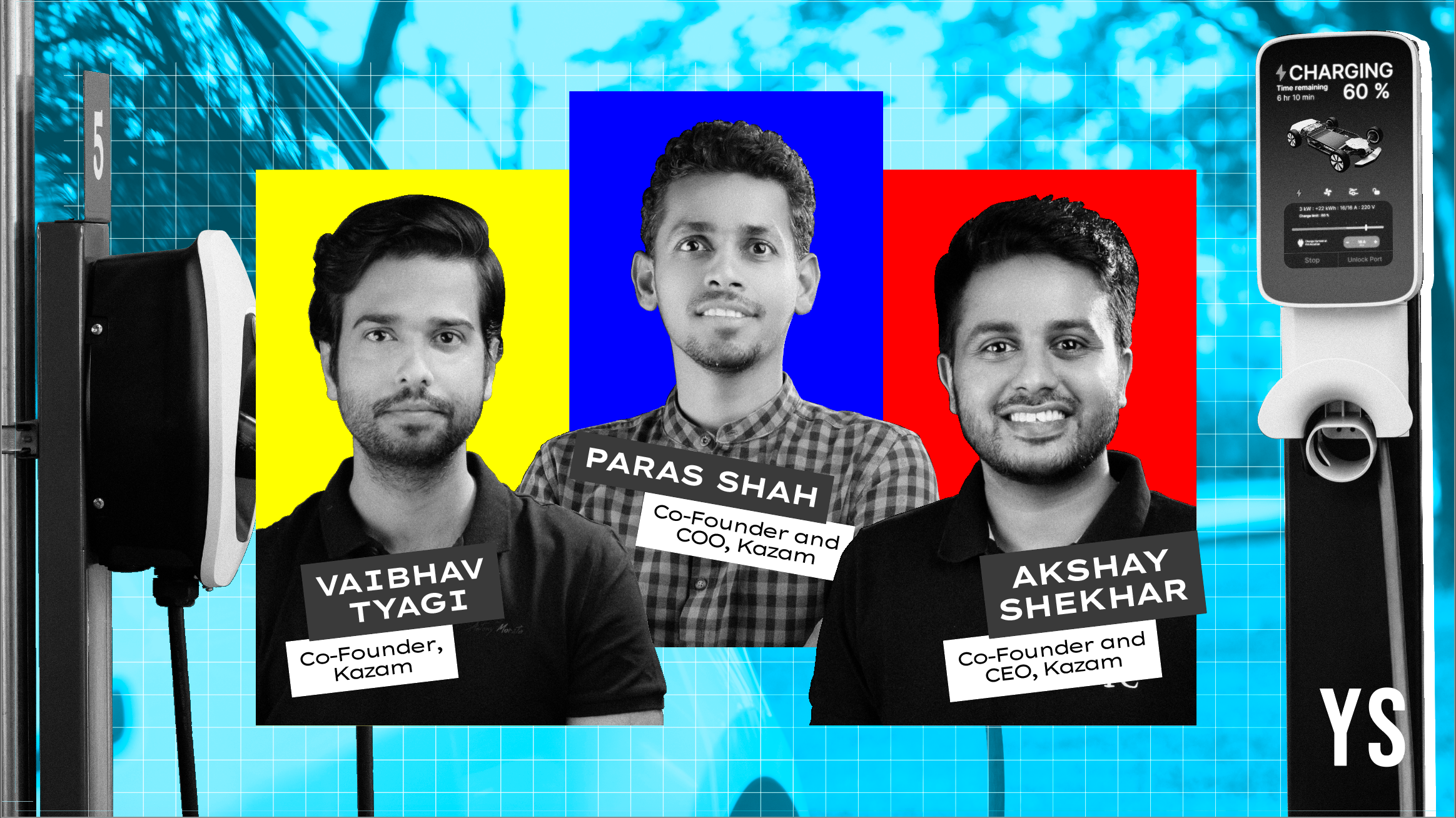


















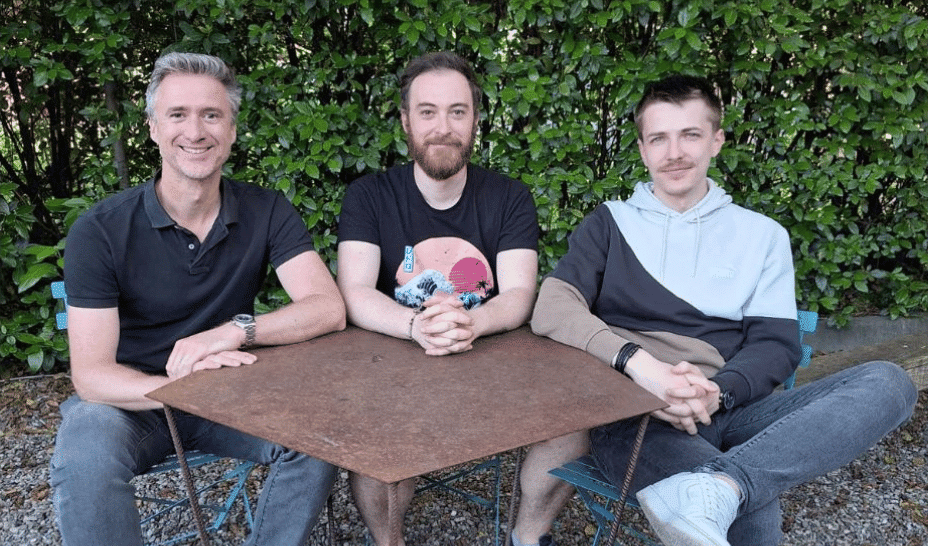


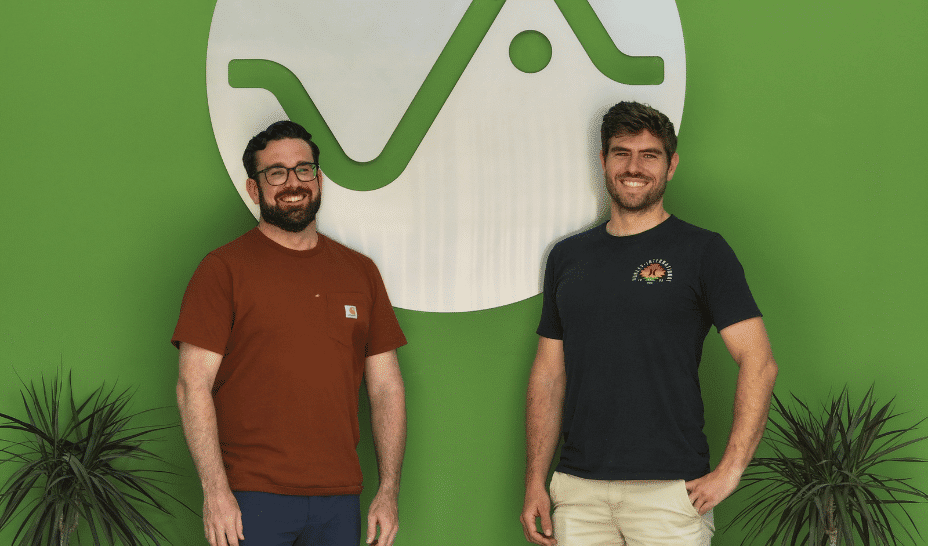





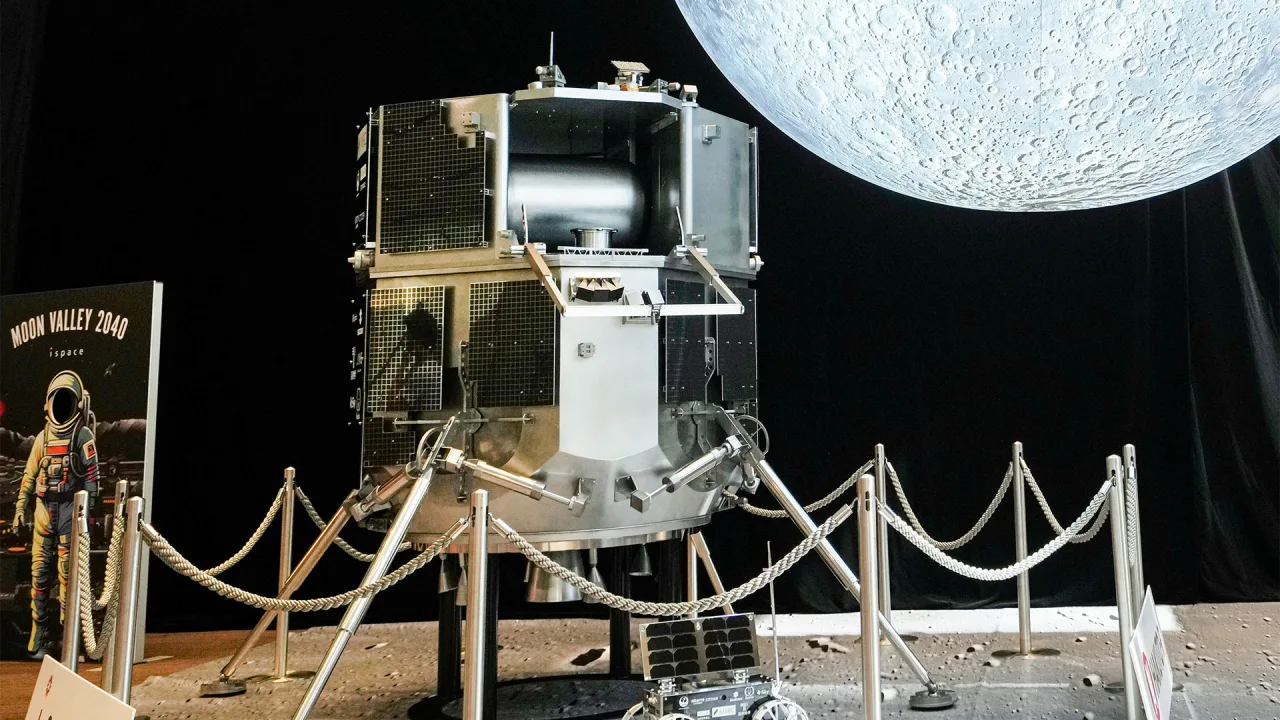







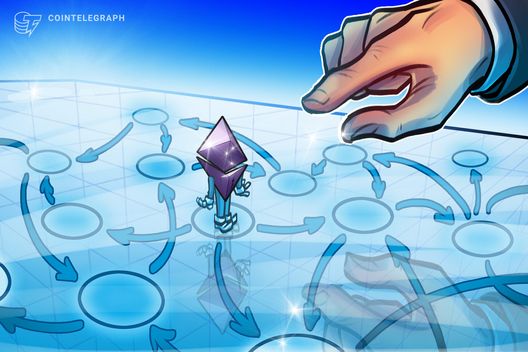


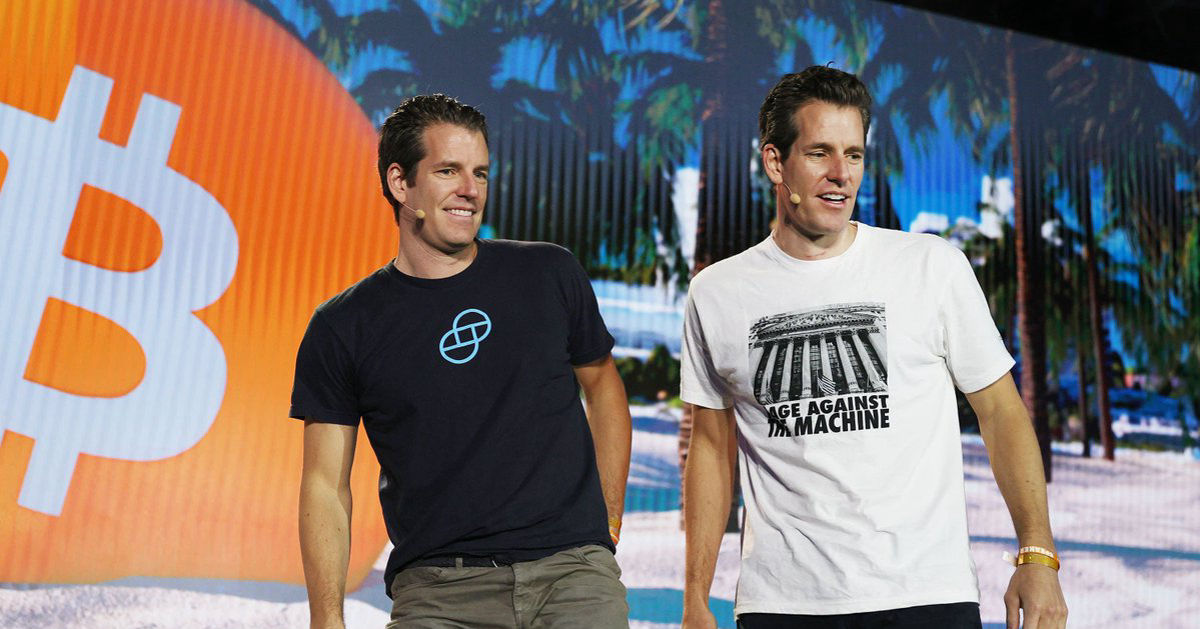
















































































.jpg)



















